The future of Artificial Intelligence (AI)
Historians believe that Chinese alchemists discovered gunpowder in the 9th century CE. Gunpowder made lovely fireworks. One hundred years later, with flame throwers and grenades, China made the world’s first military use of this new substance. The idea quickly spread to the Middle East, where Islamic scientists and engineers created the world’s first cannons in the 13th century. They quickly spread to European countries.
What began as an exciting diversion, humans have used since to kill millions of people.
Nuclear catastrophe
Since 1947, the world has become used to the hands of the Doomsday Clock – a symbolic extinction forecast following a possible global nuclear war – being a mere 100 seconds from doom. Yet the world uses the same technology to power its most efficient and environmentally friendly electricity supplies.
The planet has experienced five ‘extinction events’ in its 4.5-billion-year history. Between 80% and 95% of all life was wiped out on each occasion. Some believe that Artificial Intelligence could cause the sixth mass extinction.
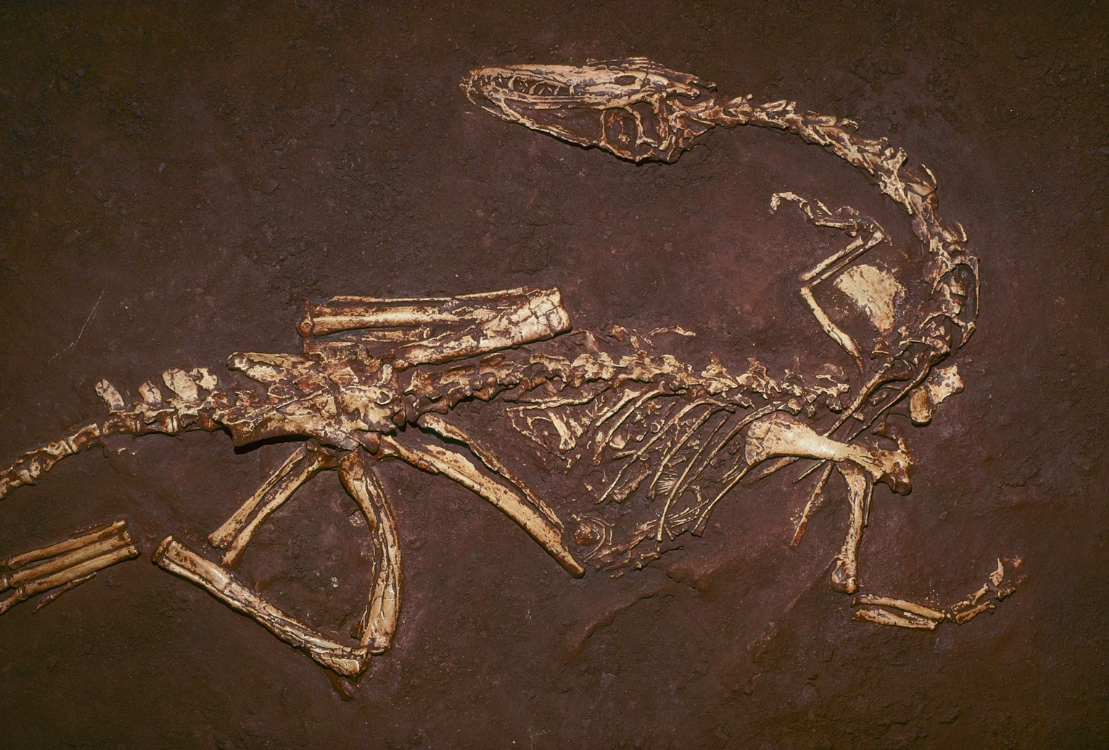
Will it happen again?
A recent edition of Foreign Affairs discusses AI:
The opportunities AI offers are immense. Built and managed correctly, it could improve society by offering every student a personalised tutor, for example, or giving every family high-quality, round-the-clock medical advice. But AI also has enormous dangers.
In an article in CNN in April:
Elon Musk warned … that artificial intelligence could lead to “civilisation destruction,” even as he remains deeply involved in the growth of AI through his many companies, including a rumoured new venture.
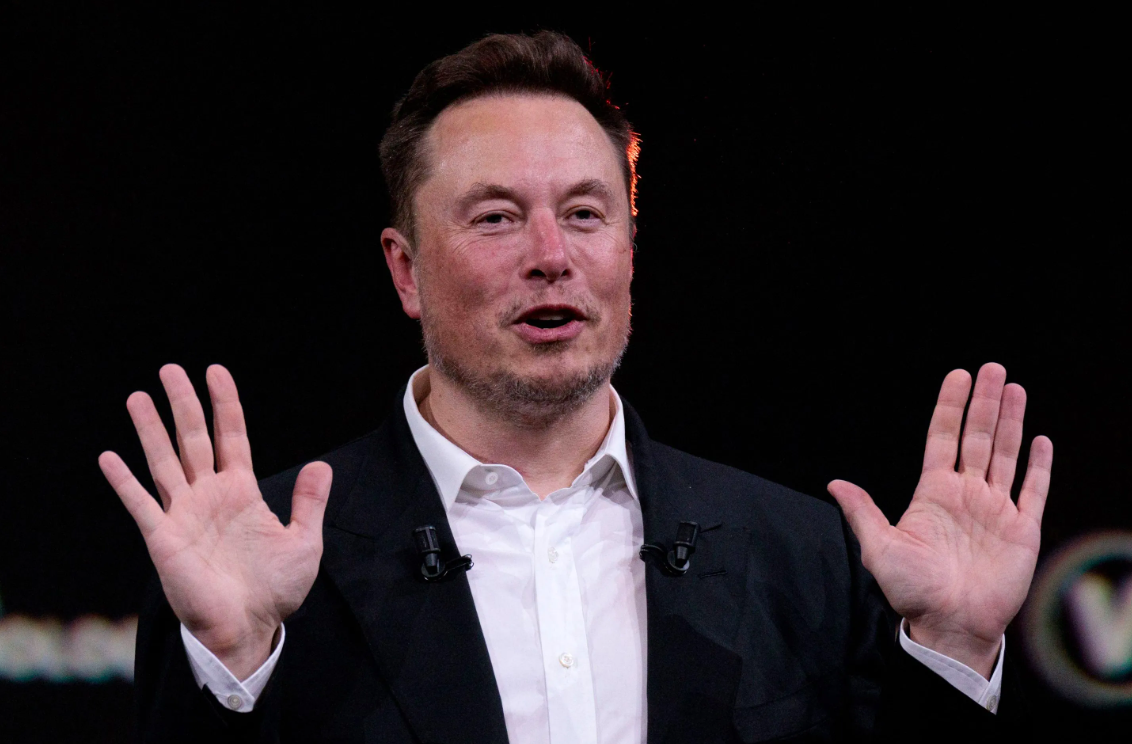
Stephen Hawking was also concerned:
The development of full artificial intelligence could spell the end of the human race… It would take off on its own and re-design at an ever-increasing rate. Limited by slow biological evolution, humans couldn’t compete and would be superseded.

Talk of the town
In spring, I wrote enthusiastically about Chat GTP, which launched a few months earlier. Today, the site and the science behind it have attracted global interest from scientists and businesspeople alike. Chartr, a data analyst organisation, writes:
Interestingly, executives at top companies … can’t stop talking about AI, perhaps hoping that if they position their companies as “AI forward,” they may be more attractive to investors
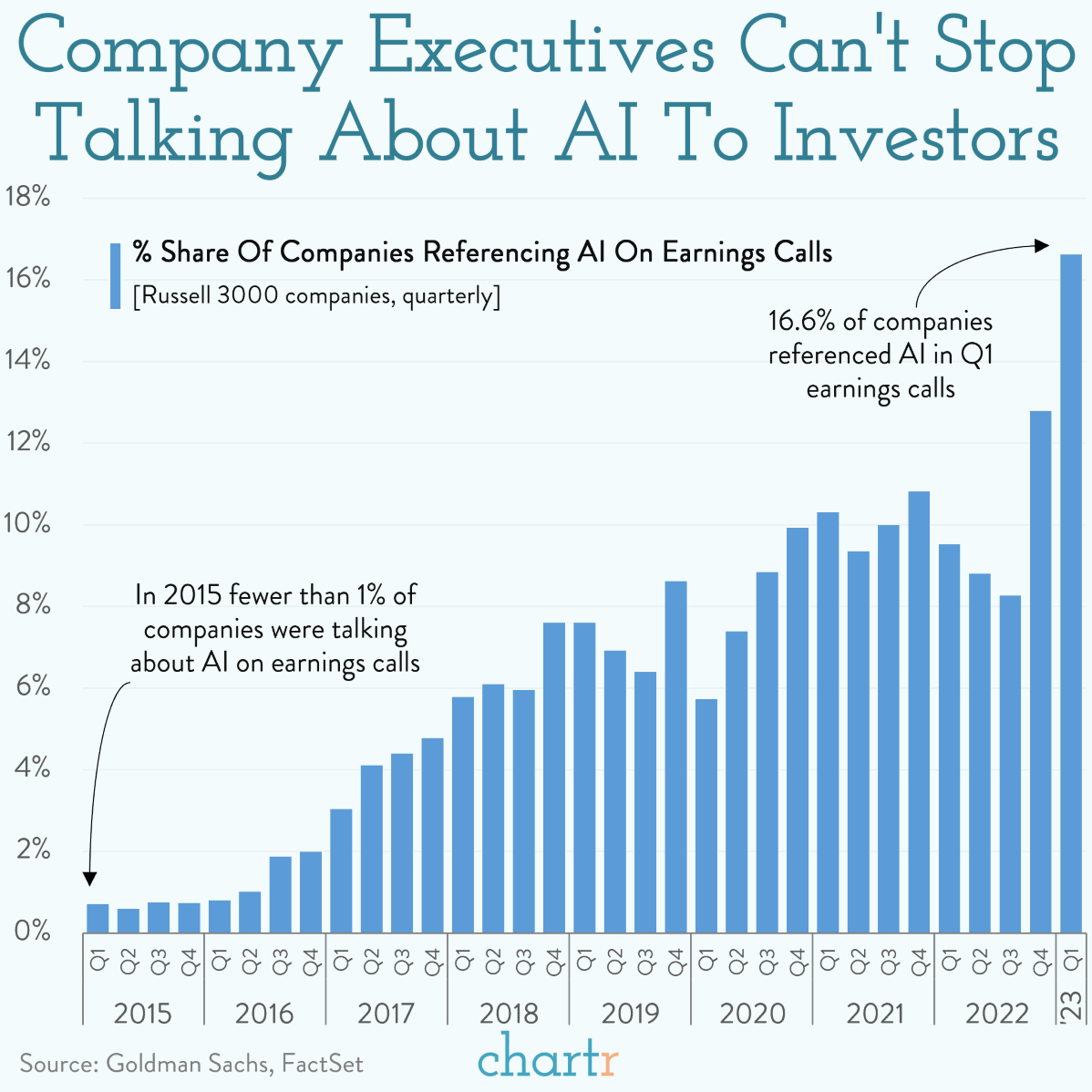
AI is also fun
Then there are, like gunpowder, the ‘fun’ aspects. In January this year, the first offline event of the Bored Ape Yacht Club was held in Shanghai, China. The event's focus was a most successful project, the Bored Ape.

These are computer-generated, often weird, images of apes. They have seen their value skyrocket, with early adopters buying one for a few thousand dollars in 2021 and selling them for millions in the following two years. Bored Ape Non-Fungible Token (NFT) owners are granted access to a private online club, exclusive in-person events, and intellectual property rights for their image. NFTs can be anything digital (such as drawings, music, or your brain downloaded and turned into an AI). Still, much of the current excitement surrounds using technology to sell digital art.
Some positives
Sulabh Soral is the chief AI officer at Deloitte Consulting. He gives three positives for AI:
AI will scale our cognitive abilities, enhancing healthcare, transport, education, and customer-centric experiences – it will profoundly impact human efforts.
We can use AI to help us in business, but I’m excited by the significant societal opportunities.
AI can produce relevant services for customers when needed – a small business loan at the right time means the business survives and provides local employment.
However, he also points out that the world must be careful to use AI ethically.
Crime
In 2019, according to UK’s Sky News reports, the chief executive of a UK-based energy firm transferred €220,000 to fraudsters using AI to impersonate his boss's voice.
Earlier this year, a man was ‘instructed” by his AI chatbot to kill the Queen of England. Fortunately, he was arrested before he could do any harm. “Such chatbots represent the "next stage" from people finding like-minded extremists online”, the government's independent reviewer of terrorism legislation, Jonathan Hall KC, said. He warns that the government's flagship internet safety legislation – the Online Safety Bill - will find it "impossible" to deal with terrorism content generated by AI.
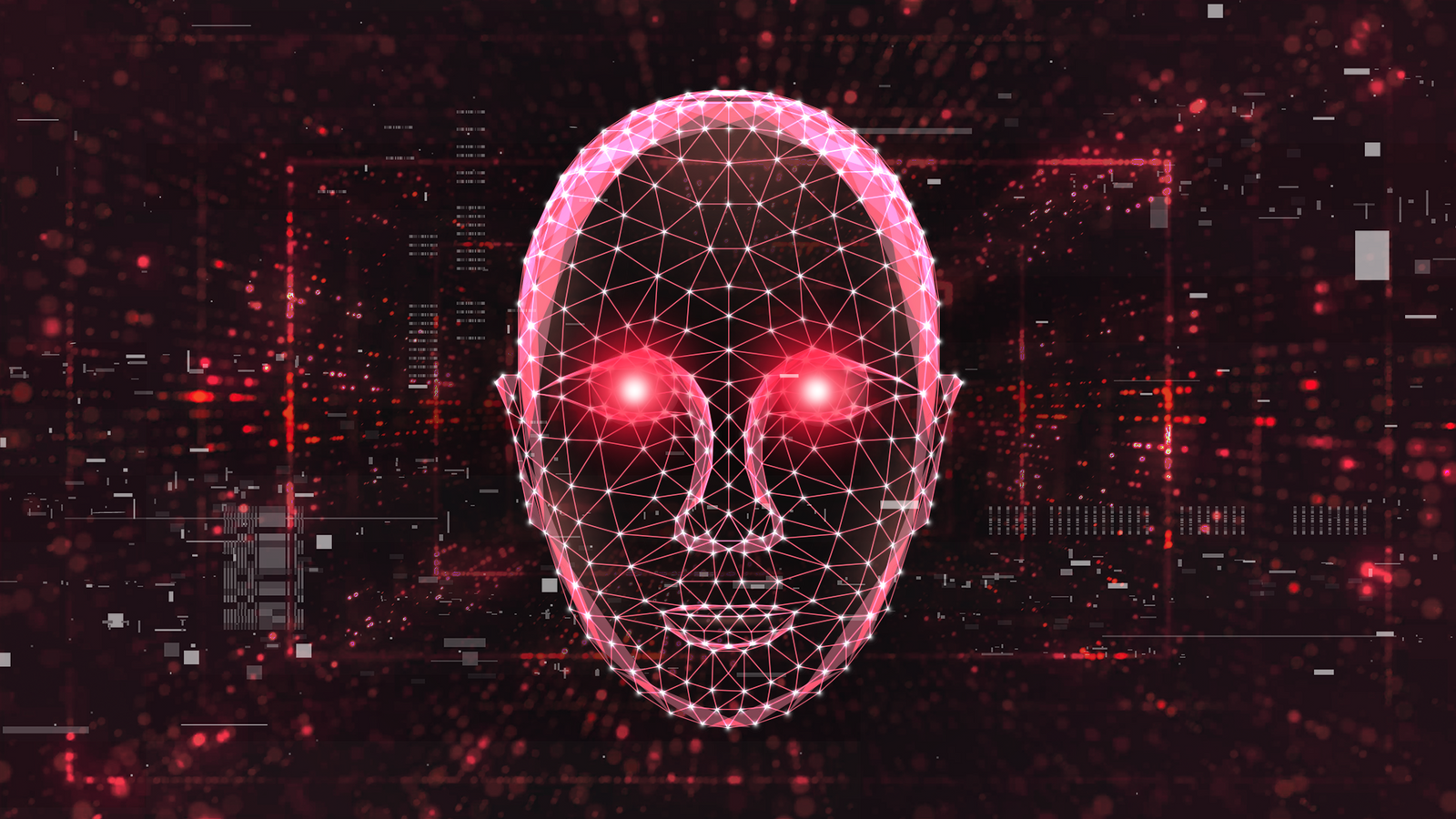
"Mom, these bad men have me, help me," Jennifer DeStefano reportedly heard her sobbing 15-year-old daughter Briana say before a male kidnapper demanded a $1m ransom, which dropped to $50,000. Her daughter was safe and well - and the Arizonan woman recently told a Senate Judiciary Committee hearing that police believe AI was used to mimic her voice as part of a scam.
In the future, deep fake images or videos, which appear to show someone doing something they haven't done, could be used to carry out blackmail plots.

My conclusions
Humans are slow to change. New technologies worry them. Railways, for example, had to overcome strong objections from all sides. One argument was that travelling over 30 miles an hour would suffocate passengers! The telephone was by no means universally welcomed. As recently as 1933, the New Yorker ran a story about the fear many felt of the phone from electric shocks, lightning strikes, explosions, and others.
It is not surprising that there are so many cautions about the rapid advance of AI.
The cautions are justified. But so is the enthusiasm. Either way, they make no difference. AI will develop, progress, and become a defining force for both good and evil. As responsible individuals and businesses, we use new technologies while protecting ourselves from those who misuse them.
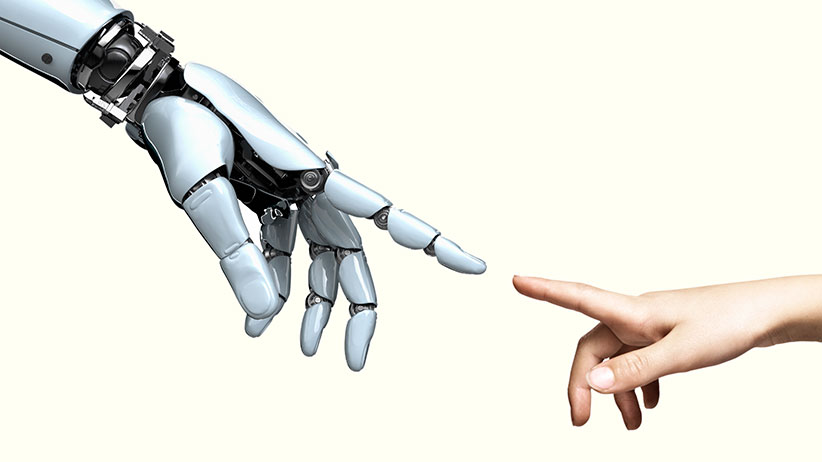
After a lengthy debate about the role of governments in helping control AI, Foreign Affairs concludes:
(Governments) must also take measures to prepare society for AI’s risks. The development of robust AI systems is inevitable, and people everywhere need to be prepared for what such technologies will do to their communities and the broader world. Only then can society reap the immense benefits AI might bring.
The future of AI changes continually. New analyses and expert commentary appear every day of the year. Whatever we do, the advance of AI will continue for better or worse. We shall all have to find ways of living with it.
Worked on the article:

Wanlikhang





